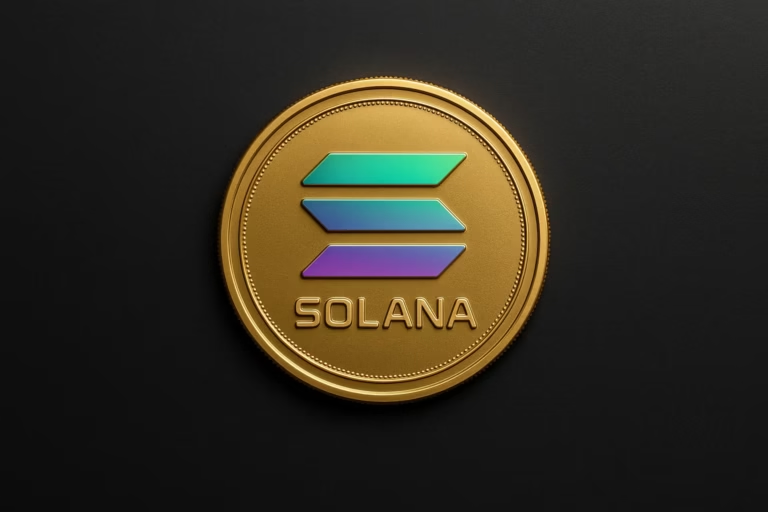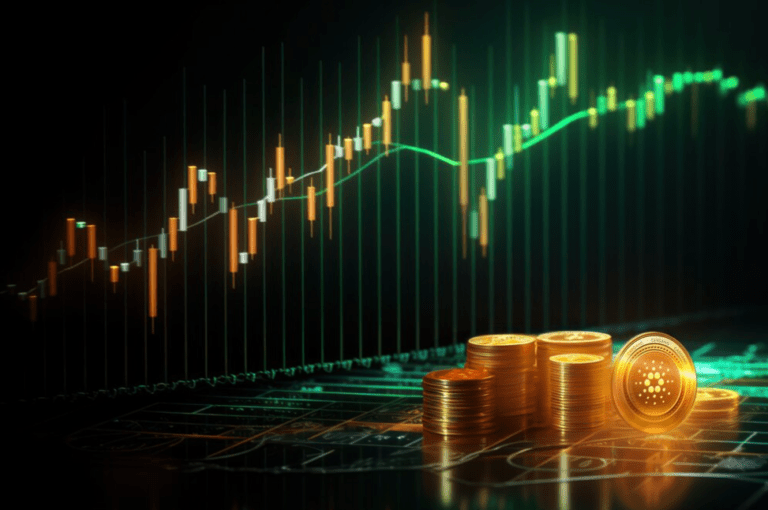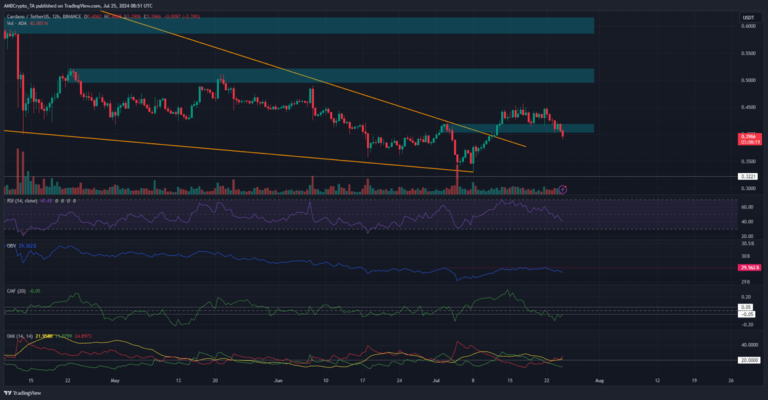
- Ripple CTO David Schwartz addressed the SEC’s appeal to the Supreme Court, clarifying that XRP purchases do not constitute investment contracts and expressing hope for a reasonable application of the Howey Test.
- He also reassured the community that his XRP holdings fluctuate like everyone else’s and emphasized his commitment to supporting XRP’s value for all stakeholders.
Ripple’s Chief Technology Officer, David Schwartz, recently spoke out on two hot-button issues for the XRP community: the ongoing legal battle with the U.S. Securities and Exchange Commission (SEC) and his own XRP holdings. With the SEC’s appeal to the Supreme Court looming large over Ripple’s future, Schwartz has taken to social media to clarify his stance on investment contracts, the Howey Test, and his commitment to supporting XRP’s value.
SEC Appeal and the Investment Contract Debate
In his recent statements, Schwartz addressed the SEC’s appeal to the Supreme Court, challenging a prior court ruling that Ripple’s XRP sales on secondary markets did not constitute securities. The ruling, handed down last year, determined that sales of XRP by Ripple executives Brad Garlinghouse and Christian Larsen did not meet the legal criteria for “investment contracts.” Schwartz seized this opportunity to delve into the nuances of the term, emphasizing the difference between a contract and an investment contract.
According to Schwartz, an investment contract involves an obligation on someone’s part to act in the interest of the investors, even at a personal cost. However, he argued that XRP buyers are simply hoping Ripple will act in its own interest, which aligns with the community’s goals but does not create a contractual obligation. “If you bought an investment contract, then someone is obligated to do something for you even if it harms them to do it,” Schwartz stated. He likened this dynamic to buying artwork from an emerging artist, noting that there is no contractual guarantee of future value appreciation.
The Howey Test and Its Interpretation
The Howey Test, traditionally used to determine if an asset qualifies as a security, has been central to the SEC’s argument. Schwartz clarified that the test is not a straightforward rule but rather a concept that needs reasonable application based on complex facts. He expressed hope that the Supreme Court would apply “common sense” to current law in its review of the case, potentially setting a new precedent in how digital assets are classified.
Schwartz’s Personal XRP Holdings and Community Concerns
Amid these legal challenges, Schwartz has also faced questions about his personal XRP holdings. Recently, an XRP enthusiast accused him of reaping all the rewards from XRP while others in the community have seen little profit from their investments over the years. Schwartz responded candidly, stating that his XRP holdings have “gone up and down in value precisely the same way everyone else’s has.” He reassured the community that his efforts are directed at supporting XRP’s value for all stakeholders – himself, Ripple, and the XRP holders worldwide.
Schwartz’s recent comments reflect a commitment to transparency as Ripple faces pivotal moments both in the courts and in the market. By speaking directly to the community, he underscores Ripple’s belief in XRP’s potential, even as it navigates the regulatory challenges that may shape its future.






